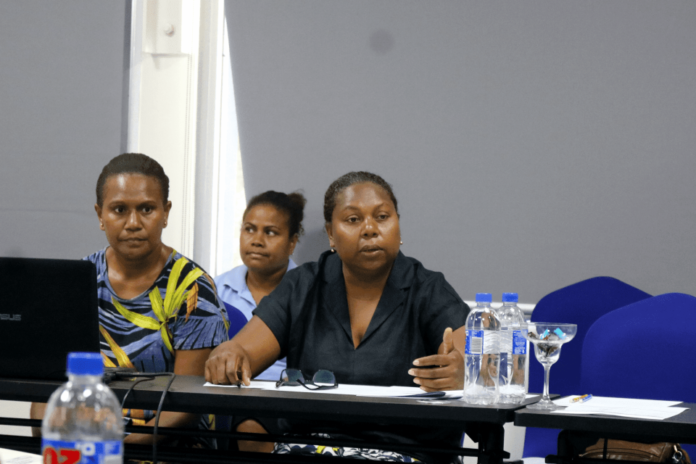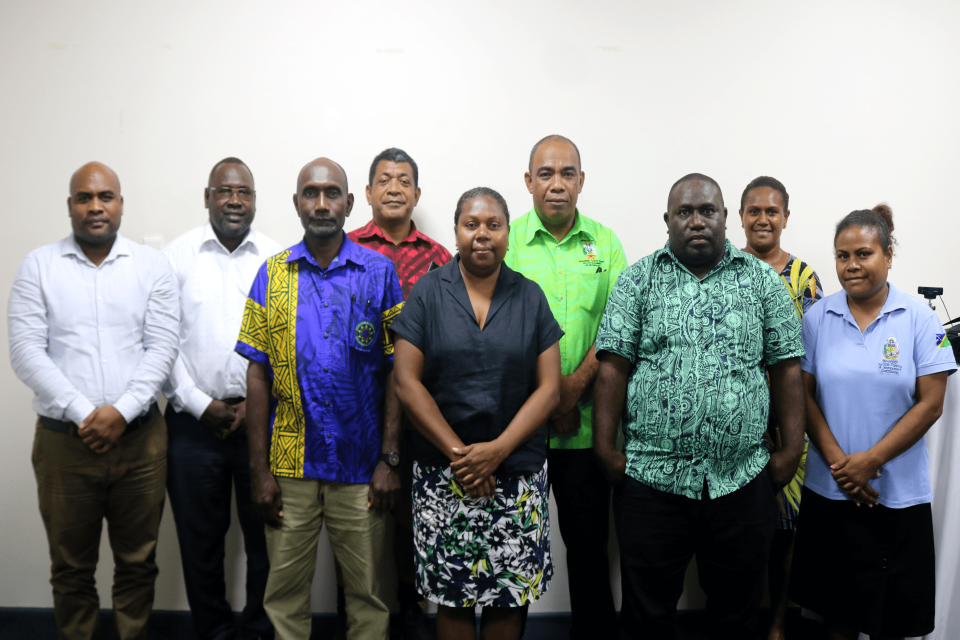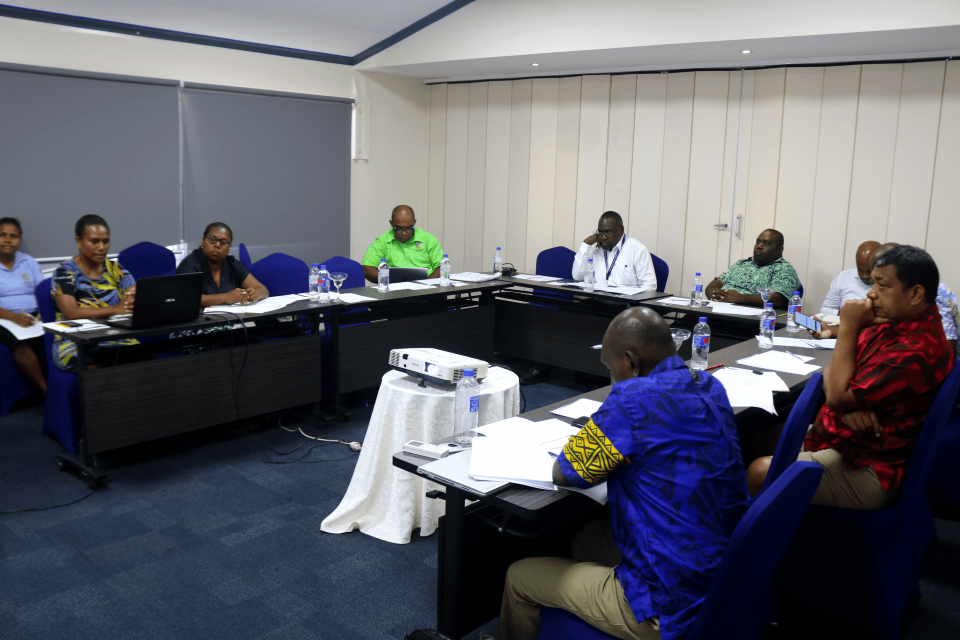

THE Ministry of National Planning and Development Coordination (MNPDC) will be conducting a nation-wide Monitoring and Evaluation Systems Analysis (MESA) diagnostic study, which is geared towards identifying and further strengthening Solomon Islands Monitoring and Evaluation (M&E) systems, processes and capacities.
Speaking at the opening of the MESA Advisory Committee Meeting, MNPDC Permanent Secretary (PS) Susan Sulu highlighted current limitations in our ability to monitor and evaluate for development effectiveness.
Ms. Sulu emphasised that even though we have the National Development Strategy (NDS) as the blueprint for sustainable development in the country, deficiencies in Monitoring, Evaluation and Learning (MEL) capacity, processes and systems hinder the effective monitoring and tracking of implementation of the NDS.


PS Sulu adds, the study is an initiative geared towards better understanding the MEL Ecosystem within the government machinery.
“The results of the study will inform the development of a MEL Capacity Development Plan which will be then used to guide systems and process improvements and capacity strengthening.”
The MESA Advisory Committee that met on Monday consists of Permanent Secretaries from the Ministry of Environment, Climate Change, Disaster Management and Meteorology (MECDM), Ministry of Commerce, Industry, Labour and Immigration (MICLI), Ministry of Public Service (MPS), Ministry of Rural Development (MRD), Ministry of Agriculture and Livestock (MAL), Ministry of Finance and Treasury – Deputy Secretary Fiscal and the Deputy Secretary to Prime Minister.
The MESA Advisory Committee met to discuss ways and provide necessary guidance and inputs that is useful for the roll out of the study.
Prior to convening of the MESA Advisory Committee Meeting, MNPNDC undertook an inception exercise. The inception report preliminary findings highlighted high level of interest in MESA but weak M&E work culture across the government.
Some of M&E challenges includes fragmented M&E systems, insufficient organisational and human capacities and inconsistent inflow of quality data from reliable sources.


Ms Sulu adds, as a government ministry responsible for national planning, the discussions of the MESA Advisory Committee will chart a way forward and assist the team from MNPDC to better carry out the study.
Presenting the Inception report, MNPDC Program Quality Division Director, Alice Kale said MESA diagnostic study will answer two overarching questions.
Firstly, what M&E systems, processes and capacities does Solomon Islands have in place, and secondly, what are the opportunities to further strengthen Solomon Islands M&E systems, processes and capacities?
Mrs Kale said the scope of the study will cover M&E systems for planning, budgeting and reporting for NDS 2016-2035, M&E systems for national planning, budgeting and reporting at the sectoral level (for line ministries), and M&E systems for provincial planning, budgeting and reporting.
The MNPDC director for Program Quality stressed, it also focusses on cross-cutting themes which are, environment, climate change, and resilience as well as gender equality and social inclusion.
Targeted stakeholders for consultation includes Government ministries and agencies: senior management that includes Permanent Secretaries, Deputy Secretaries, Provincial Premiers, Members of Provincial Assemblies, Provincial Secretaries, Heads of Divisions, Planning and Project Officers, M&E Units, data managers, and personnel who perform M&E functions.
Selected personnel from NGOs, private business/sector, media, and donor community will also be included during the consultation phase.
The study is expected to be rolled out over the coming months. The outcome of the MESA report is expected to be launched in March 2023.
The Solomon Islands MESA is supported by the World Bank and the MFAT through the Global Evaluation Initiative, and in close partnership with UNDP and the SPC.





































